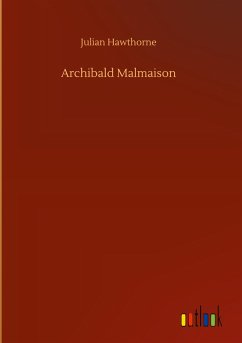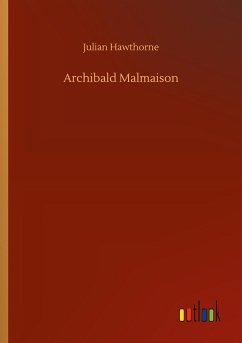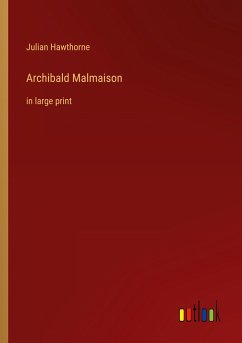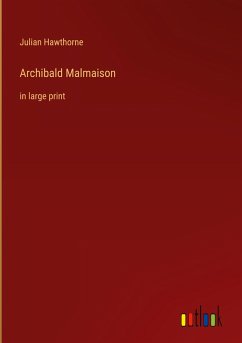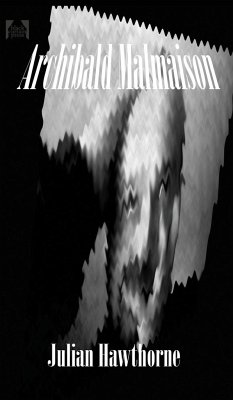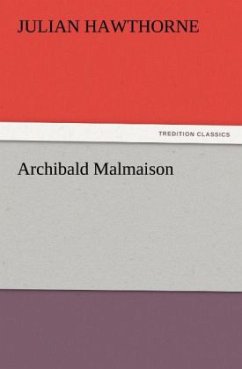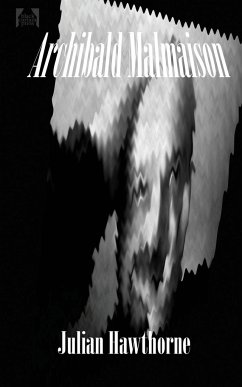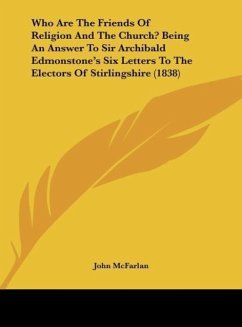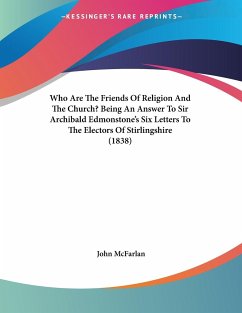
Archibald Malmaison

PAYBACK Punkte
13 °P sammeln!
After the catastrophe, Mr. Pennroyal caused a handsome iron railing to be erected round the scene of it. This act caused it to be said that he might have done it before. Did he expect his future wives to go the road of the first one? And was it not criminal negligence in him to have suffered her to escape from her attendants? How could such a thing have happened? Did Mr. Pennroyal consider that people might say that the death of his wife was no loss to him, but the contrary?



